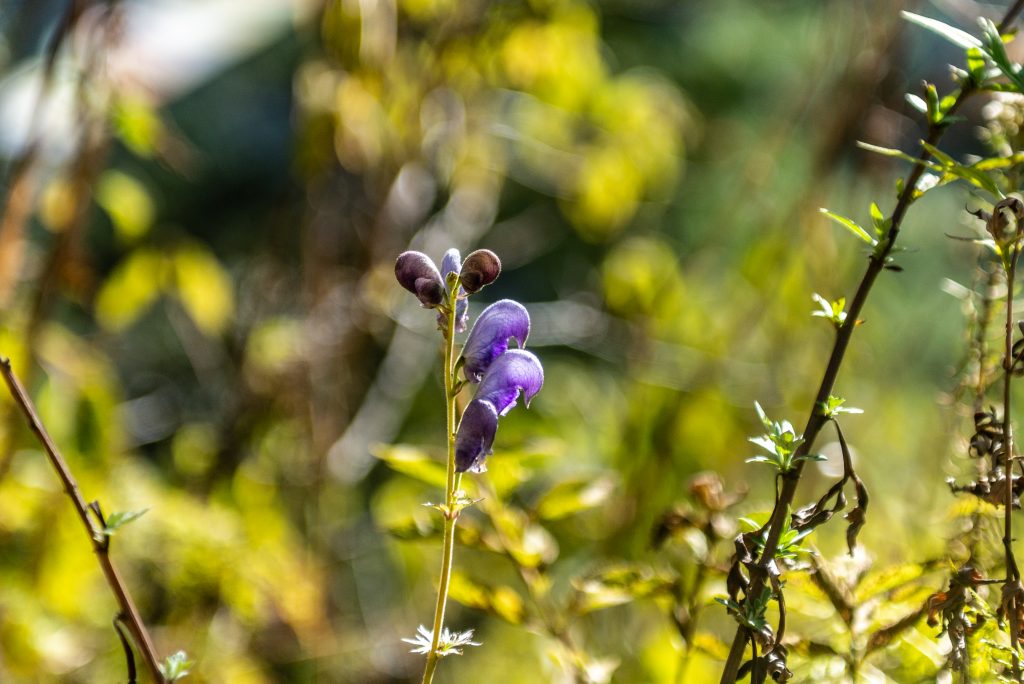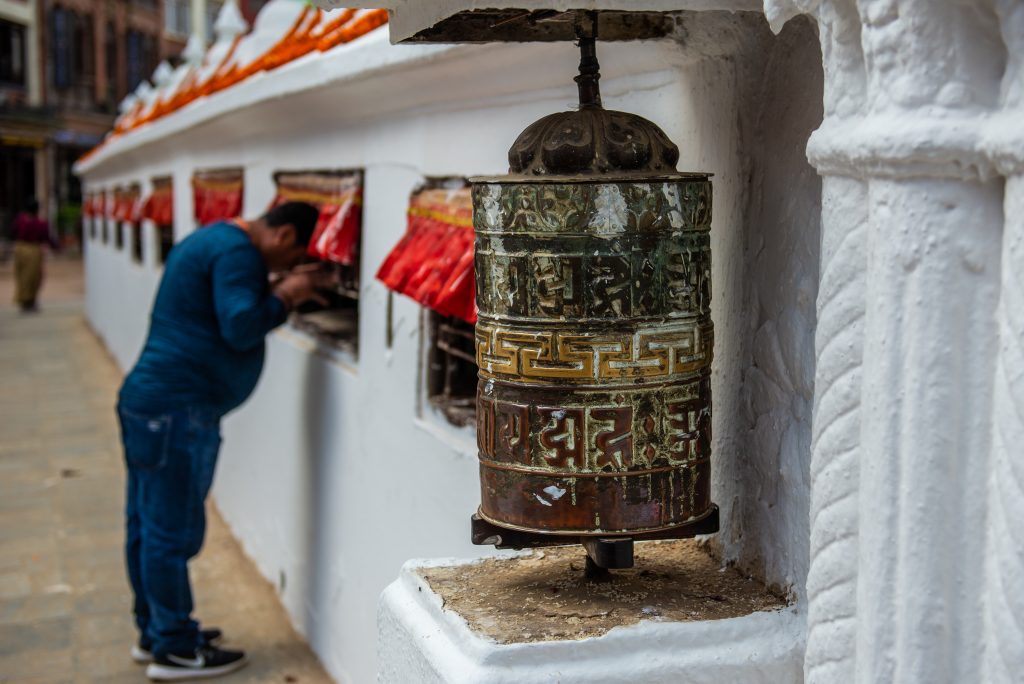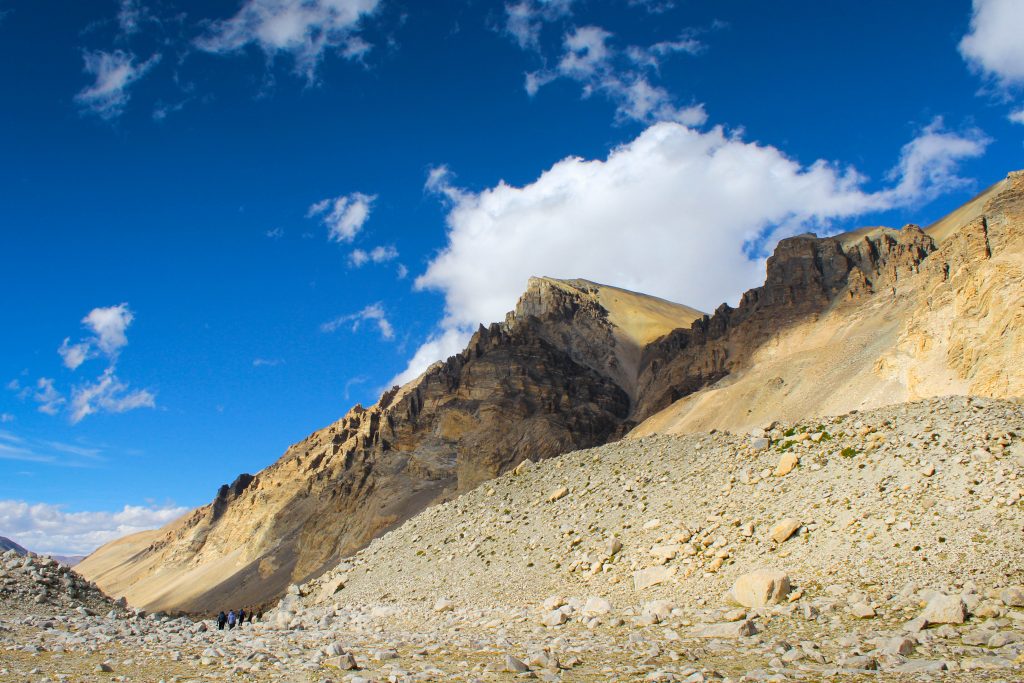We will all experience this sooner or later. Losing someone who is dear to us. Someone who is so precious to us that contemplating their absence in our lives is almost unbearable, in fact, unimaginable. This is how my dad was to me. Together with my mum, he formed a rock in my life for me to come back to again and again. A warmth and comfort so safe and so seemingly solid that I never fully grasped would ever go away.
I lost my dad earlier this year to cancer. He was 67 years old and it took less than a year since we got the diagnosis of his disease until he died. In one sense, everything went very fast, and at the same time, these 8 months or so gave us a bit of time to prepare for what was to come.
I had lost my grandparents that I loved dearly, but whom died from old age, which is a different kind of loss. Or losing a beloved dog, a family member, which is very difficult but you find your way.
– But a parent? How do you relate with loosing someone who forms the foundation of your entire being? This is a very different thing to be faced with altogether. It shakes up your perspective on everything.

My Anchor of Support
Throughout the whole process; from learning about my dad’s disease, from going through the first thoughts that “I might lose him”, to seeing how the cancer took over his body little by little, to being there with him in the final days of him dying; I cannot imagine how I would have related with all of this if it was not from the support of my Buddhist practice in everyday life, in reminding myself that one day we will all die and that everything we experience is just like a fleeting moment, like a water bubble.
Acceptance in Himalayan Buddhist Cultures
I have often heard teachers mention that the most powerful teaching of all is that of death and impermanence. That nothing will shake us up from the deep sleep of our confusion and habitual tendencies as this. I think it’s true. I feel now that it’s true.
I have spent more than a decade in the ‘east’, particularly in the Himalayan regions of Nepal and Tibet. The encounter with these cultures have shaped my core being. Seeing how the people relate with death and impermanence with such acceptance and with such natural grace has touched me deeply. This does not mean that they do not grieve, or mourn the loss of a loved-one, but more so, it refers to how they relate with it.

Being Alienated to Reality as It Is
I have often felt saddened about how we relate with death and dying in the west. We are not really given any tools of how to relate with this in our culture as a whole growing up. When death and impermanence then occur in our lives, we are completely left out in the dark about what to do. Instead, all we are left with is the habitual tendency to cover up this tremendous pain and suffering.
Mind-training
In the Buddhist tradition of the east, we are encouraged to spend some time every day checking in with our mind. “How is the state of my mind right now; positive, negative or neutral?”. Most of the time we are so caught up in our own thoughts and emotions that we have no clue.
As the Buddha said, “the cause of happiness and suffering – depends on your mind”. – What a relief! At least this is a starting point. This is something to work with. There is no one out there to point the finger at.
Cracking the Egg Open
My teacher Jigme Khyentse Rinpoche once said:
“All compounded phenomena are impermanent. So is our protected ‘cocoon’. We should not try to avoid difficult situations, we will anyway crack open like eggs! This is what we are trying to do all of the time, ignoring reality as it is”.
When loosing someone precious to us, there is nowhere of hiding. At least for some time until our habits slowly take over again. It is like we are cracked open, naked, raw.
What do we do with this open space, a space without a reference point? Trungpa Rinpoche, one of the greatest teachers of our time, refers to this space as ‘good news’. He mentions that becoming acquainted with this ‘heart of sadness’ is a tremendously positive thing, and that in fact, this is more so close to reality than our usual habitual tendencies of covering up our heart.

A Place of Comfort
One such ‘space’ of familiarising ourselves with ‘reality as it is’ is in the place of a hospice. My dad was admitted to a hospice in my hometown in Denmark 15 days before he died. I had cut short a trip to Canada, visiting my partner Alex’s family, before rushing back home to be with my dad during his final days.
I was amazed at the kindness, warmth and open-heartedness I was met with in the nurses working at the hospice. I felt I could go to them with any question about death and dying and how I could be there for my dad, and also for my mum and my remaining family, during this challenging time. They were always available for a chat.
One of the nurses I spoke with during the first days of getting back said to me, “You know, I feel fully at peace with the fact that I will die one day. Being so intimately connected with dying people in my work every day has taught me this”. I was amazed. Here I was, heart cracked open in the face of losing my beloved dad, and here was someone who felt fully comfortable with the whole situation. It made me feel safe and comforted. She had already ‘gone there’ in her mind, from an experiential – rather than an intellectual place. It was such a relief to have these ‘warriors of kindness’ all around us, comforting us and checking in with us to see if we needed anything, physical as well as emotional support.

What Now?
One thing that this experience has taught me, and which will feel forever changed in my being, is the certainty that we will all die. That we cannot take anything for granted in this life; that our loved ones will always be there, that our seemingly solid body will always be there. It will all go. Remembering and feeling this on a regular basis helps me to remember the preciousness of this life and how to only focus on the aspects of it that are beneficial and supportive, rather than the aspects that bring me down and harm me. I hope that I will keep this insight with me until it one day will be my turn to let go of this body so that I can let go with ease and be able to help others too.
If you would like to learn more about us, subscribe to our newsletter here: